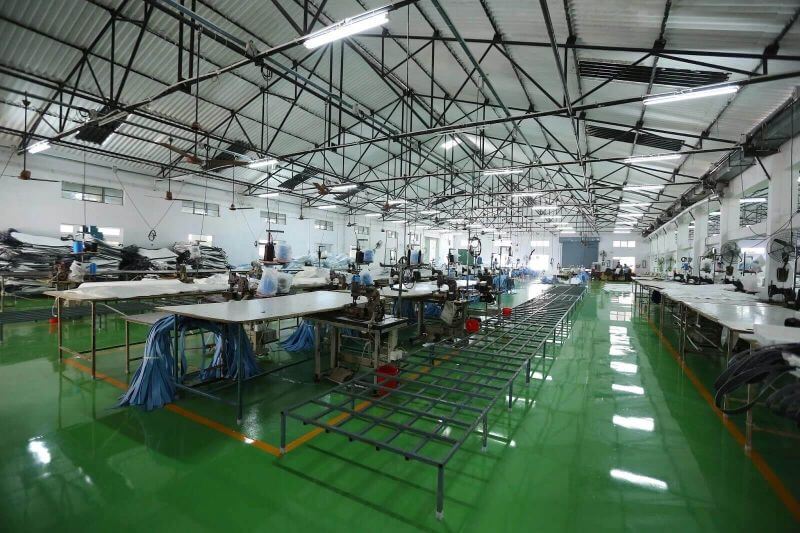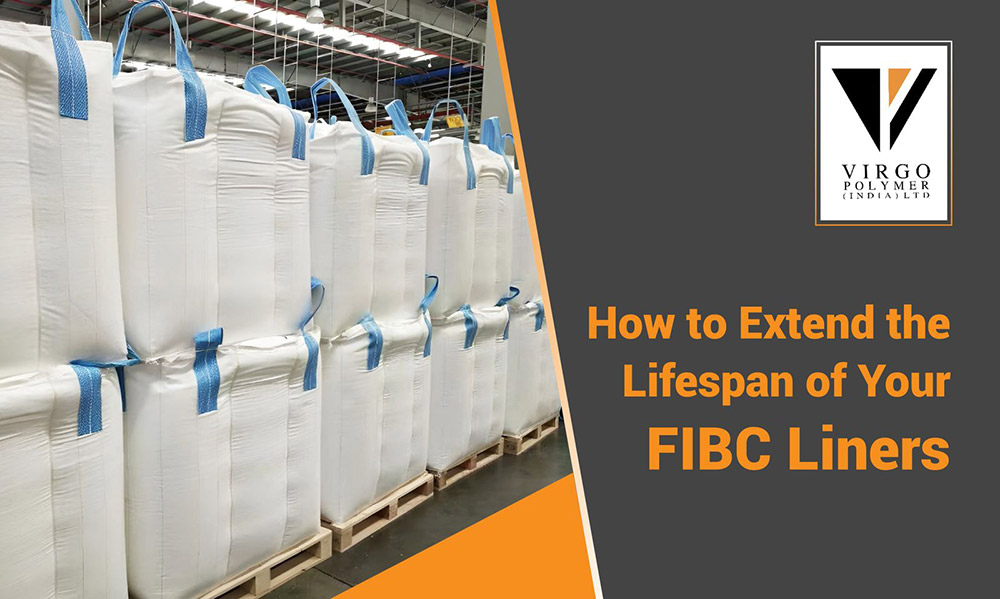



Flexible Intermediate Bulk Containers (FIBCs) are widely used in various industries for transporting and storing bulk materials. The liners used within these containers play a crucial role in maintaining the integrity and quality of the contents. Extending the lifespan of your FIBC liners not only ensures better protection for your products but also enhances cost-efficiency and sustainability. Here are some essential tips on how to maximize the durability and longevity of your FIBC liners.
1. Choose the Right Material
The first step in extending the lifespan of your FIBC liners is selecting the appropriate material for your specific application. Different materials offer varying levels of resistance to chemicals, moisture, and physical wear. Common materials include:
Polyethylene (PE): Ideal for general-purpose use, offering good chemical resistance and flexibility.
Polypropylene (PP): Suitable for heavier loads and more demanding environments, known for its durability.
Aluminium Foil: Excellent for moisture and oxygen barrier properties, often used in food and pharmaceutical industries.
Understanding the properties of these materials and matching them to your needs will help in preventing premature wear and tear.
2. Proper Handling and Storage
Improper handling and storage are leading causes of liver damage. Follow these best practices to ensure your liners remain in optimal condition:
Avoid Sharp Objects: Ensure the area where the liners are filled and emptied is free of sharp objects that could puncture or tear the liner.
Controlled Environment: Store FIBC liners in a clean, dry, and shaded environment to protect them from UV degradation and moisture.
Stacking: Avoid overstacking FIBCs. Excessive weight can cause stress on the liners, leading to potential damage.
3. Regular Inspection and Maintenance
Regularly inspecting your FIBC liners for signs of wear and damage can prevent minor issues from becoming major problems. Develop a routine that includes:
Visual Inspections: Check for punctures, tears, and other visible damage before each use.
Integrity Tests: Perform periodic checks to ensure the liner maintains its barrier properties, especially if used for moisture-sensitive products.
4. Cleaning and Reusing Liners
Reusing FIBC liners can be cost-effective and environmentally friendly, but it requires proper cleaning and maintenance:
Cleaning Procedures: Use appropriate cleaning agents that are compatible with the liner material. For food-grade liners, ensure the cleaning process adheres to industry standards to avoid contamination.
Drying: Thoroughly dry the liners after cleaning to prevent mold and mildew growth.
5. Training and Education
Ensuring that all personnel involved in handling and managing FIBCs are properly trained can significantly reduce the risk of damage. Training should cover:
Correct Handling Techniques: Educate workers on the proper methods of filling, emptying, and transporting FIBCs to minimize liner stress.
Maintenance Protocols: Provide guidelines on regular inspection and maintenance procedures.
6. Use of Protective Accessories
Investing in additional protective accessories can further extend the lifespan of your FIBC liners:
Outer Bags: Use protective outer bags to shield liners from physical damage and environmental factors.
Pallets and Dunnage: Properly use pallets and dunnage to avoid direct contact with rough surfaces.
7. Customization for Specific Needs
Sometimes, the standard liners may not meet the unique demands of your application. Consider customizing liners with features such as:
Anti-static Properties: For handling fine powders or volatile substances.
Reinforced Seams: For added strength in heavy-duty applications.
Special Coatings: For enhanced chemical resistance.
Extending the lifespan of your FIBC liners is a multifaceted approach that involves selecting the right materials, proper handling, regular maintenance, and investing in protective measures. By implementing these strategies, you can ensure that your liners provide long-lasting protection, ultimately enhancing the efficiency and sustainability of your bulk packaging operations.
At Virgo Polymers, we have the expertise to assist you with all aspects of FIBC bags, from finding the ideal liner to exploring storage options and applications. As one of the leading manufacturers of FIBC bags, we provide a diverse selection of bags designed for efficient material storage and transportation.
Call +91 90030 48815 to know more or email us at info@virgopolymer.com
